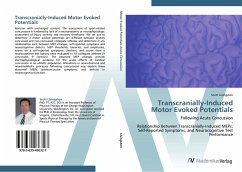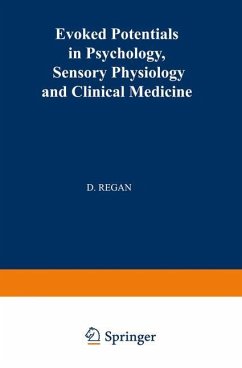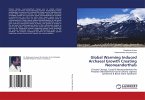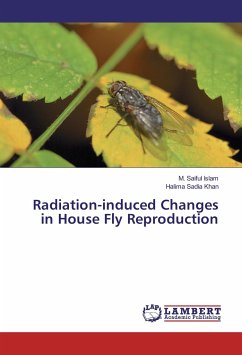Revision with unchanged content. The assessment of sport-related concussions is hindered by lack of a neuroanatomic or neurophysiologic assessment of injury severity and recovery timeframe. We set out to determine if motor evoked potentials are different between acutely concussed and non-concussed collegiate athletes and determine if any relationships exist between MEP changes, self-reported symptoms and neurocognitive deficits. MEP thresholds, latencies, and amplitudes, scores on a self-reported symptoms checklist; and scores from a neurocognitive test battery were evaluated in 18 collegiate athletes (9 concussed, 9 controls). The observed MEP changes provide electrophysiological evidence for the acute effects of cerebral concussion in an athletic population. Alterations in neurochemical and neurometabolic processes following concussions may explain these abnormal MEPs, postconcussive symptoms, and deficits in neurocognitive function.
Hinweis: Dieser Artikel kann nur an eine deutsche Lieferadresse ausgeliefert werden.
Hinweis: Dieser Artikel kann nur an eine deutsche Lieferadresse ausgeliefert werden.








